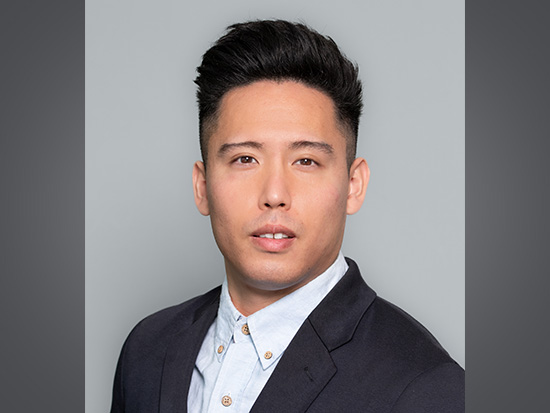 “Unlike analysis of DNA recovered from a crime scene where a specific protocol is followed and the laboratory where the DNA is analyzed is guided by a code of ethics created by the American Academy of Forensic Science (AAFS), wide variation exists in how digital evidence is recovered and analyzed in state, local, and private forensic laboratories around the country,” Sloan said. “There is also no overarching code of professional ethics like those found in medicine, law, and other fields.”
“Unlike analysis of DNA recovered from a crime scene where a specific protocol is followed and the laboratory where the DNA is analyzed is guided by a code of ethics created by the American Academy of Forensic Science (AAFS), wide variation exists in how digital evidence is recovered and analyzed in state, local, and private forensic laboratories around the country,” Sloan said. “There is also no overarching code of professional ethics like those found in medicine, law, and other fields.”According to Sloan, it is not unusual for police officers who recover digital evidence to also analyze it and then testify about it in court – a situation that is generally prohibited when analyzing other forms of evidence recovered from crime scenes. And, unlike the case of DNA, the people analyzing digital evidence often do not understand the mechanics of the analysis being conducted. All they care about is a report generated by the software used to analyze the evidence obtained from a personal computer or cell phone.
Sloan and his colleague Kathryn Seigfried-Spellar, Ph.D., an assistant professor in Purdue University’s College of Technology, were awarded a $25,000 grant from the National Science Foundation (NSF) to convene a two-day workshop at NSF headquarters on “ethics and digital forensics” this past May. The workshop attracted both academics and practitioners interested in ethics and digital forensics, and addressed such topics as the need for a professional code of ethics for digital forensics practitioners, the hurdles that have to be overcome in creating such a code, and models which could be used in creating the code. Faculty members from schools including the University of Virginia, Purdue University, the University of Missouri-St. Louis, and Auburn University, as well as practitioners from such agencies as the U.S. Postal Inspection Service (USPIS), Department of Homeland Security (DHS), and the National Institute of Standards and Technology (NIST) attended the workshop and contributed their ideas and expertise to the discussion.
One product of the workshop was a group of attendees deciding to replicate the workshop at various professional conferences during 2015-2016 including at the annual meetings of the Southern Criminal Justice Association (SCJA), AAFS, and the Academy of Criminal Justice Sciences (ACJS), among others. The workshop is designed to raise awareness about the need for a code of professional ethics to guide the practice of digital forensics. Feedback received from the workshops will then be used to begin crafting a draft code of ethics. Sloan added that the group has identified key leaders in relevant sections of both AAFS and the American Bar Association (ABA) and plans to leverage both group’s resources – both political and practical – to help move the initiative forward. According to Sloan, the ultimate goal is “to develop an actual code of ethics that would be both sponsored by NIST and which would be responsible for enforcing its precepts.”
Sloan’s interest in professional ethics grew out of teaching both graduate and undergraduate courses in professional ethics for criminal justice and computer forensics students the past 10 years.
“Justice Sciences was among the first departments in the Southeast offering an undergraduate degree in criminal justice to require students to take a course in professional ethics," Sloan said. "We then replicated that requirement when we created the graduate program in computer forensics and security management back in 2012. It was during preparation for the graduate course on ethics and digital forensics I first learned how fractured was the field, in terms of there not being standardized protocols for analyzing digital evidence and there being multiple ‘codes of ethics’ established by various professional associations, some of which have ties to the vendors that create the software used to recover and analyze digital evidence. There’s a real need to follow the lead of medicine and law and develop a single, overarching, code of professional ethics that would govern the practice of digital forensics.”
The Department of Justice Sciences offers undergraduate and graduate programs in criminal justice, computer forensics, forensic science, pre-law, and forensic psychology. To learn more about these programs, please visit http://www.uab.edu/justice-sciences or email Dr. Sloan at prof@uab.edu.


